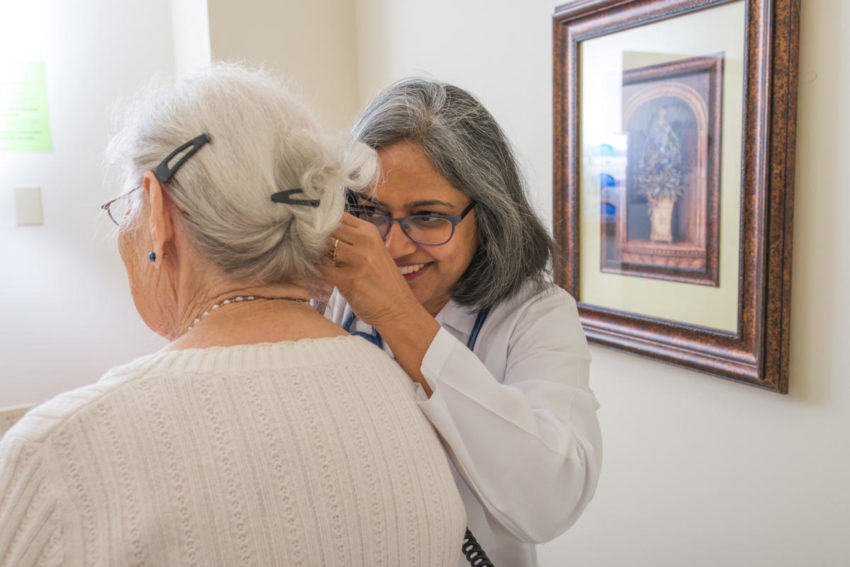The older we get, the more we time we spend at our doctor’s office.
More health problems are a common part of the aging process. This means more visits to more doctors. It also means we tend to take more medications to deal with these problems as we get older. According to the U.S. Government Task Force on Aging, reactions to medications are one of the five biggest threats to the elderly.
One study found that people ages 69 to 84 take an average of 16 different medications per year. Many elderly people take several different pills a day to treat three or four different conditions, including diabetes, heart disease, high blood pressure, high cholesterol, colds, allergies and chronic pain. This does not include over-the-counter drugs like Tylenol, vitamins or other health supplements such as ginseng, Ginko biloba or even cinnamon, all of which can interact with prescription medications.
When someone has two, three or even four different conditions they are taking medications for, the effects of these multiple medications mixing together can become a problem that makes matters worse. It can become very confusing for patients as well, especially when the medications have been started in different months, with different doctors and different doses. Getting pills mixed up, getting doses mixed up, getting too much or too little of a medication and other problems has become very common.
“Studies have shown that as many as one-third of hospitalizations in the elderly may be due to multiple-drug interactions,” said Neela Patel, M.D., MPH, a board-certified geriatrician who specializes in the needs of the elderly, including “polypharmacy,” the name given to complications from multiple medications. “Broken hips and other injuries are very common in the elderly due to dizziness brought on by multiple medications,” she added.
Dr. Patel warns that medications have to be carefully balanced and it is one of the first things she discusses when seeing patients. She asks them to bring in all their medications to the visit. It is very common that people do not realize how many different medications they are on until they gather them all up and bring them to their first visit with her or one of her colleagues.
“They will bring them in a grocery bag and pour them out on the counter,” Dr. Patel said. “You can instantly see that they are overwhelmed. And we usually find one or two medications that are no longer necessary, or are doing more harm than good.”
Older people may also respond to drugs differently, especially since the drugs tend to stay in the system of seniors longer. Another common practice Dr. Patel has seen is nursing homes and other long-term care facilities prescribing their own medications, most often anti-psychotics or sedatives that the primary care or other doctors never know about.
What to do?
If you or a family member is concerned about taking too many different medications at the same time, you should consult your primary care doctor or a geriatrician. Geriatricians are primary care doctors that specialize in the unique needs of the frail and elderly. If someone is over age 65 with multiple health issues, they should seek the care of a board-certified geriatrician who has trained in the special needs of the elderly, like polypharmacy. Important questions to discuss include:
- What are the side effects are of the medications by themselves?
- What are the potential side effects of mixing the medications?
- Are there other things such as certain foods or supplements that can interact with the medications?
A geriatrician can also help you start a “Medicine Diary,” which is a daily log of what you take and how you are feeling. This, along with a medication organizer can help prevent mixing up medications and overdosing.
Dr. Patel is also the director of UT Medicine Senior Health, which only sees geriatric patients. UT Medicine Primary Care was recently recognized as a Level 2 Patient-Centered Medical Home by the National Commission on Quality Assurance. Their Senior Health office may be reached at (210) 450-9890.


